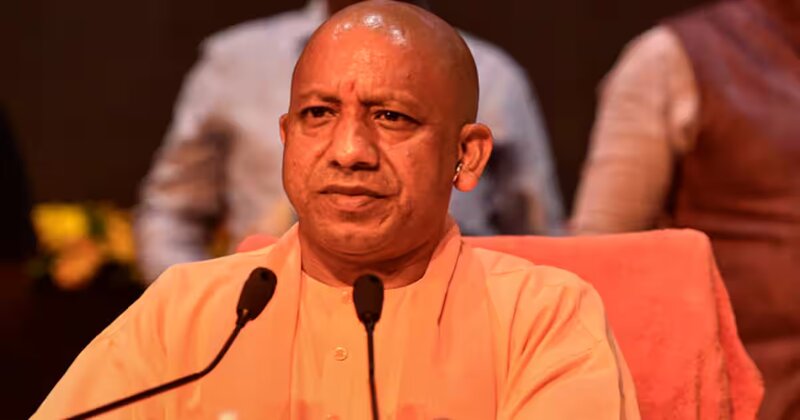
Under Chief Minister Yogi Adityanath’s leadership, Uttar Pradesh is advancing toward energy self-reliance, with a strong focus on solar and bioenergy as part of a broader economic vision. The state government aims to secure a steady electricity supply statewide, while renewable energy efforts support its ambition of becoming a one-trillion-dollar economy. In alignment with the “PM Suryaghar Yojana,” the state has set an ambitious goal to connect 2.5 million households to solar power over the next three years, with 48,000 homes already equipped and more installations underway. This initiative aims to cut costs, conserve resources, and expand energy access.
Alongside residential solar expansion, the state is promoting large-scale solar projects. Under the “PM Kusum Yojana,” it plans to generate 2,000 MW by 2027 through solar panels on farmers’ unused land, offering additional income and sustainable energy options. Further, the government is developing solar parks with a 4,800 MW capacity, and floating solar projects in collaboration with NTPC, THDC, and SJVN on seven reservoirs, aiming to hit 14,000 MW by 2027. These projects signify the state’s commitment to maximizing solar energy production across various sectors.
The government is also focused on bio-energy, with targets to increase bio-compressed gas to 1,000 TPD, bio-coal to 4,000 TPD, and bio-diesel to 2,000 KLPD within two years. Currently, bio-compressed gas plants with a 210 TPD capacity are operational, with further expansions planned. This bio-energy push is expected to reduce pollution and create jobs. To support industrial growth, Uttar Pradesh has outlined a decade-long power infrastructure plan, involving new plants and upgrades to existing facilities. Together, these efforts are set to boost economic growth, industrial development, and environmental sustainability across the state.

Post Your Comments